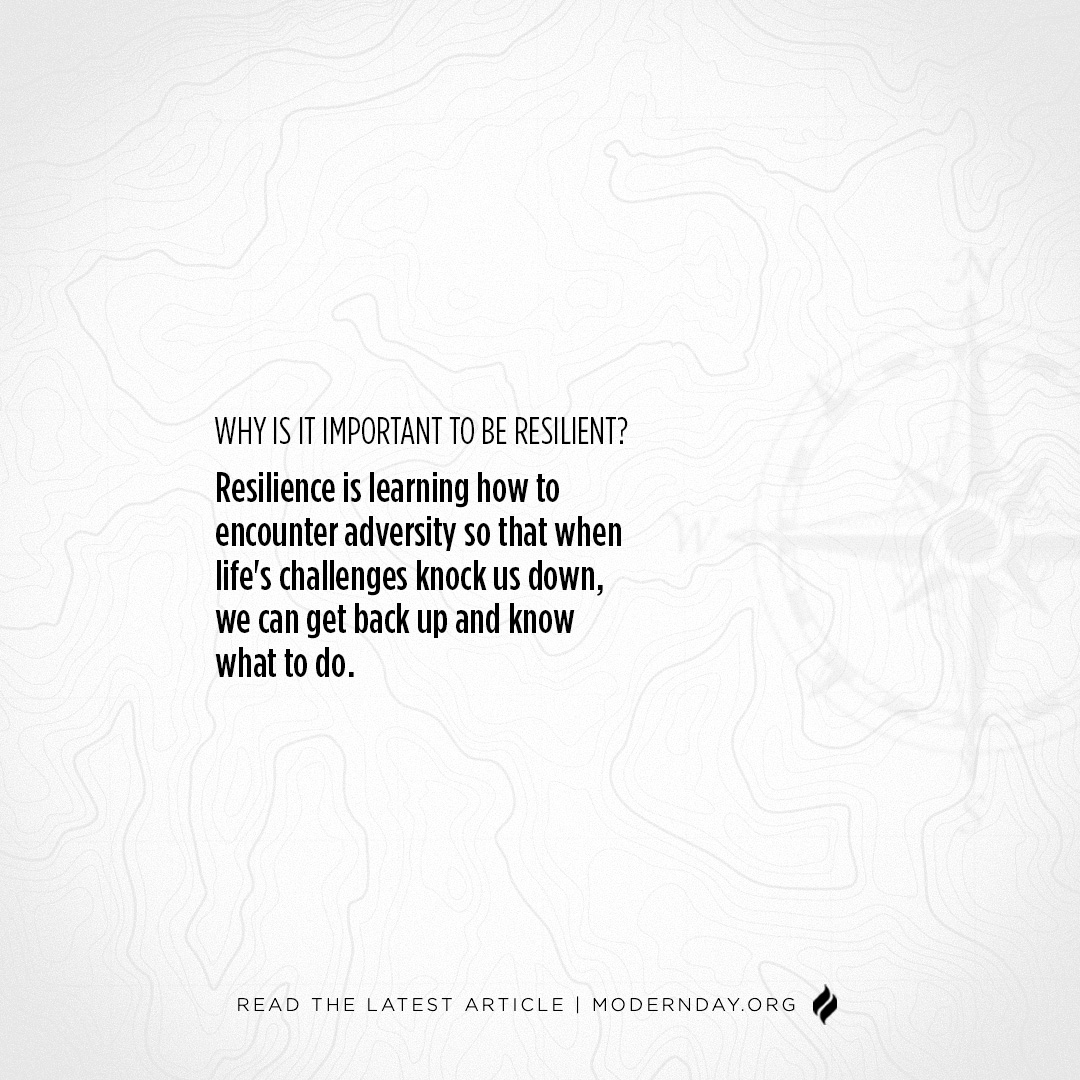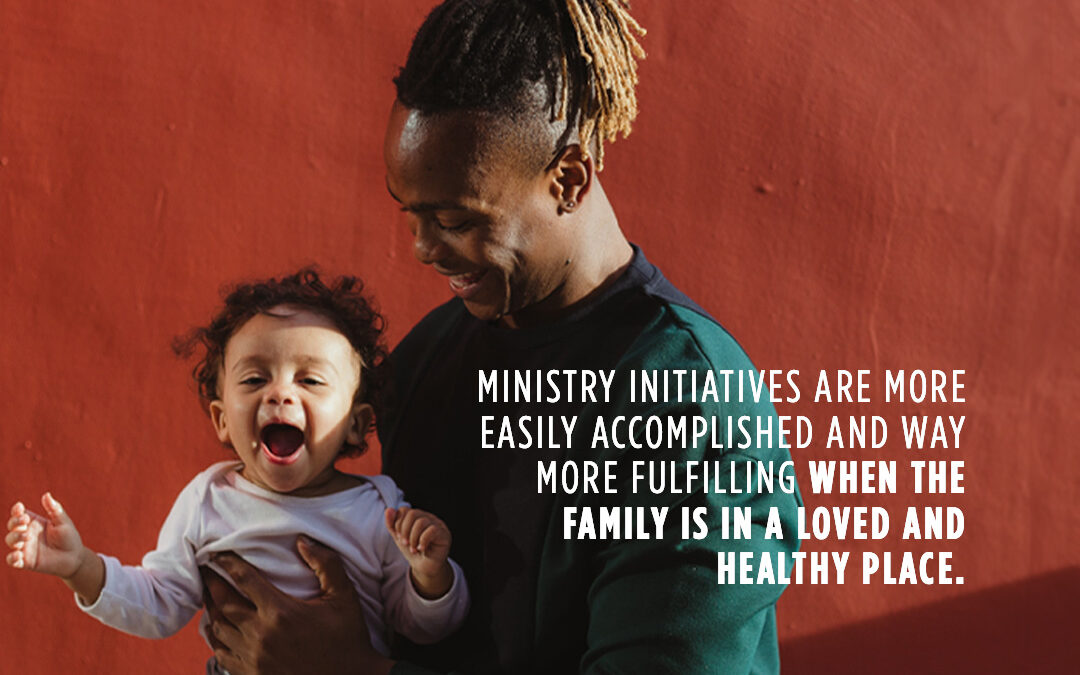The Mission Leaders Conference 2014 was hosted by Missio Nexus. The conference gathers mostly North American agency, church, and support organization leaders.The theme of 2014 was Open For the Gospel and focused on issues of Immigration, Migration, Globalization, Urbanization, and Exploitation.The main message of the conference was, “The movement of peoples bring with it new cultures, ideas, beliefs- and their hearts are more open to the Gospel. It is an opportunity for the church if we will open our eyes.” Here are some observations and analysis I gave under the sections, “Migration and Immigration.”
Migration
Jenny Yang shared with us that the U.S. hosts the largest number of migrants globally, over 46 million. There are 232 million migrants in the world, an increase of 80 million in the last 20 years. Nearly 50% of the migrants coming to the U.S. are self classified as Christian. The U.S. is the top destination for Buddhist migrants. Second for Jewish and Hindu. The country with the largest percentage of their population as migrant is Qatar with a whopping 87% of the population. Concerning the refugee crisis in Lebanon. Yang says, “It’s as though the entire country of Mexico came into the U.S.”
Analysis
The dispersion of people from their home countries requires the Church to have a newfound “peoples awareness” and intention to reach out to the migrants in their local communities. During the conference, J.D. Payne pointed out that there are an estimated 360 unreached people groups represented in America and 180 in Canada. Even if the Church engaged them all, it still leaves over 6,000 unreached people groups in the world, 3,000 of which have “no Bible, no believer, and no Body of Christ” among them. Therefore, the argument that we no longer have to “go” because “they’re all right here” does not hold weight. Researcher Todd Johnson has said, “86% of Muslims, Hindus, and Buddhists don’t have a Christian friend.” This is where the Church has the most opportunity right here, right now. But crossing into these groups won’t happen without intention and a new kind of outreach, something frontier missiologists have been saying for 40 years or more now. Diaspora missiology does not replace frontier missiology, but is a part and parcel of frontier and unreached people group thinking. Ethno-linguistic people groups listings still help us to understand some core differences between peoples by self identified dialects and ethnic cultures so that people of God can see them and be mobilized to reach out with greater understanding. However this way of viewing peoples can have its limitations and doesn’t account for the shifting identities of many of the people groups who have been dispersed from their home countries and people groups.
Immigration
Leith Anderson, President of National Association of Evangelicals, challenged us all with how we should view migrants from a Biblical perspective. He says that in the OT, there are 3 commands to love Love God Love Neighbor Love the immigrant among you There are 92 commands in the Old Testament to love and care for immigrants.
“Migration has opened the flood gates for mission opportunity. We have, from God, an unprecedented opportunity to reach people who were simply unreachable in the past.” Leith asked the question, “What are we going to do? Deport 11 million undocumented workers?” He pointed out that “to deport 1 undocumented worker costs the U.S. government $26k/person. To deport the estimated 11 million undocumented workers will cost and estimated total of 286 billion dollars.” Leith asks an important question for us to consider, “What are we going to do with their houses, loans, and children?” The National Association of Evangelicals has issued a statement on immigration reform in America which is built on 7 key principles. It is worth checking out.
Analysis
I was challenged by Leith Anderson’s presentation and was compelled to think more deeply about the issues surrounding immigration in our country and our responsibilities as Christians. It is estimated that over 80% of undocumented workers come from some kind of “Christian” background. If American Christians reach out to them they could be a great force for renewal in our country. Though our government has a certain responsibility to secure our borders and create fair and equitable legislation, we as the Church have a responsibility to love and care for people. We need to wrestle with this From a frontier missions perspective, even if we reach out to all the migrants coming to our country, both Christian and non Christian, it still does not release us from our global responsibilities beyond our borders, to the “uttermost ends of the earth.” The Great Commission is still for the whole church to take the whole Gospel to the whole world. Diaspora ministry is just one important facet of the mission. We in North America need to give more emphasis to diaspora and migrant ministry, but our involvement in reaching the migrants in our cities does NOT negate the reality that there are still huge swaths of unreached people groups, beyond the representation of the estimated 360 unreached people groups represented in America, who still have little to no ACCESS to the Gospel in our generation. Reaching the migrants among us-or-the unreached people groups beyond us-is not an “either/or” issue. It is still “both/and.” – See more at: http://spreadtheflame.com/2014/10/mission-leaders-conference-2014/#sthash.uob6oYFl.dpuf
If you would like to read more from John Lambert, CLICK HERE!!







